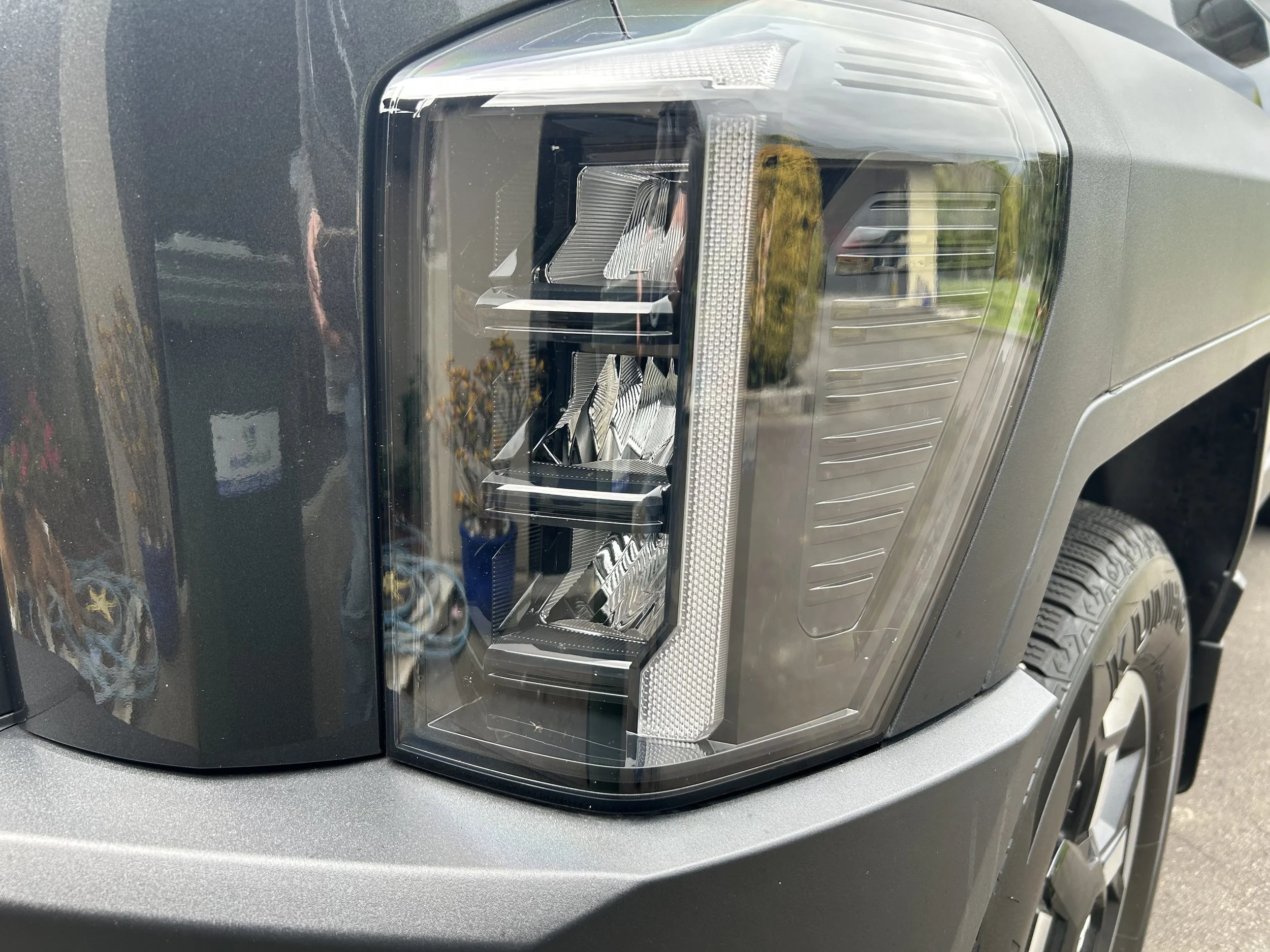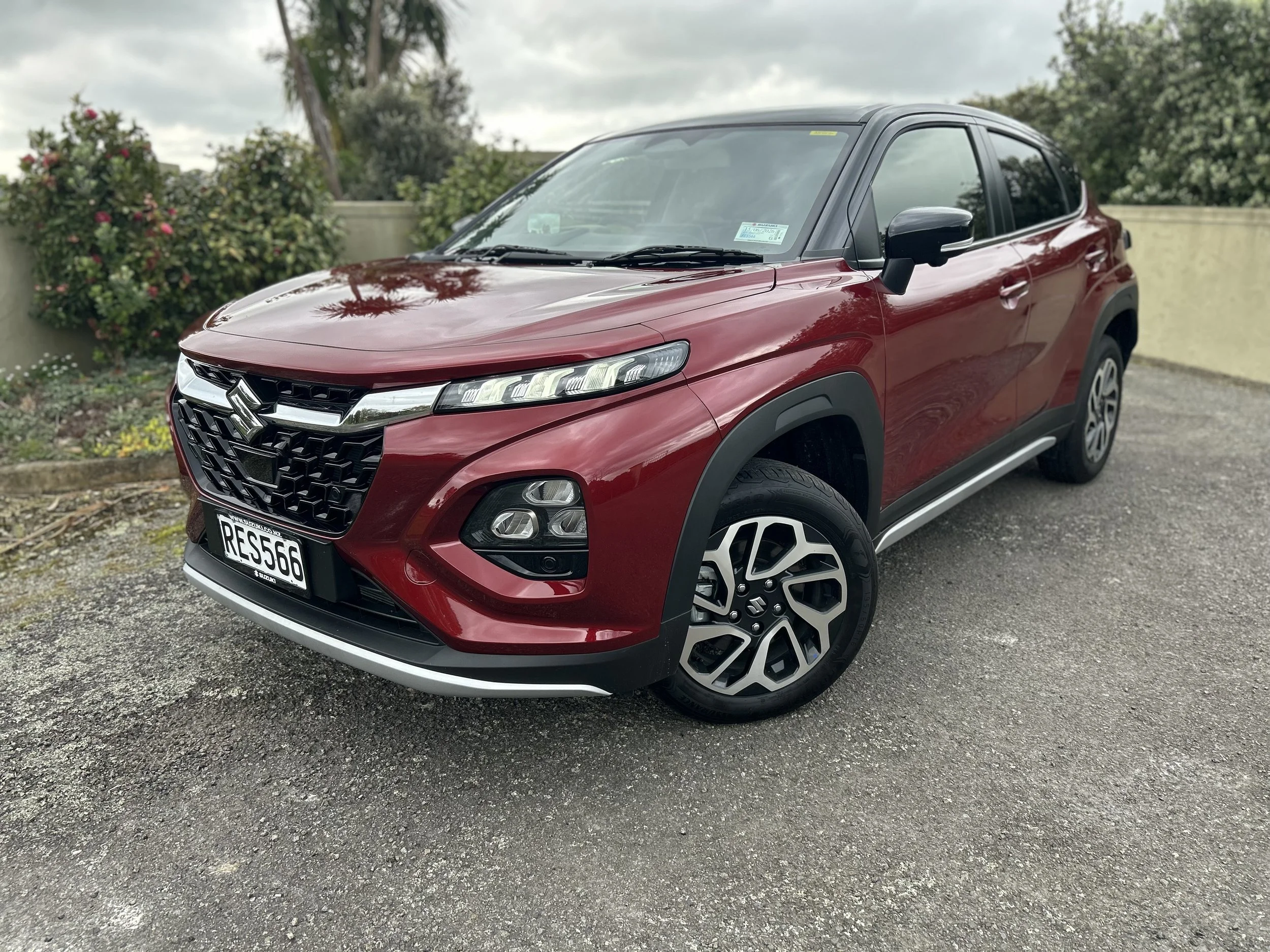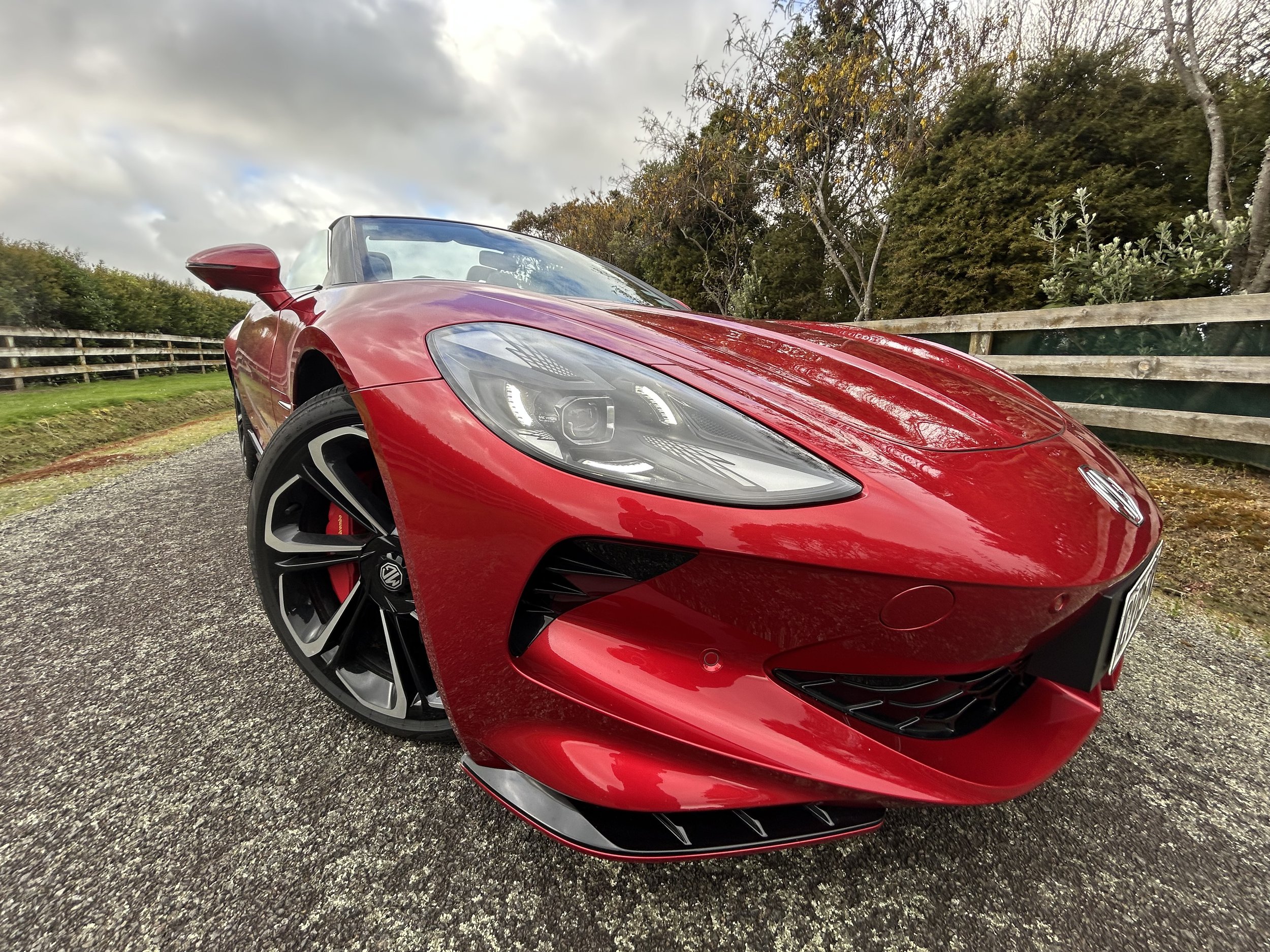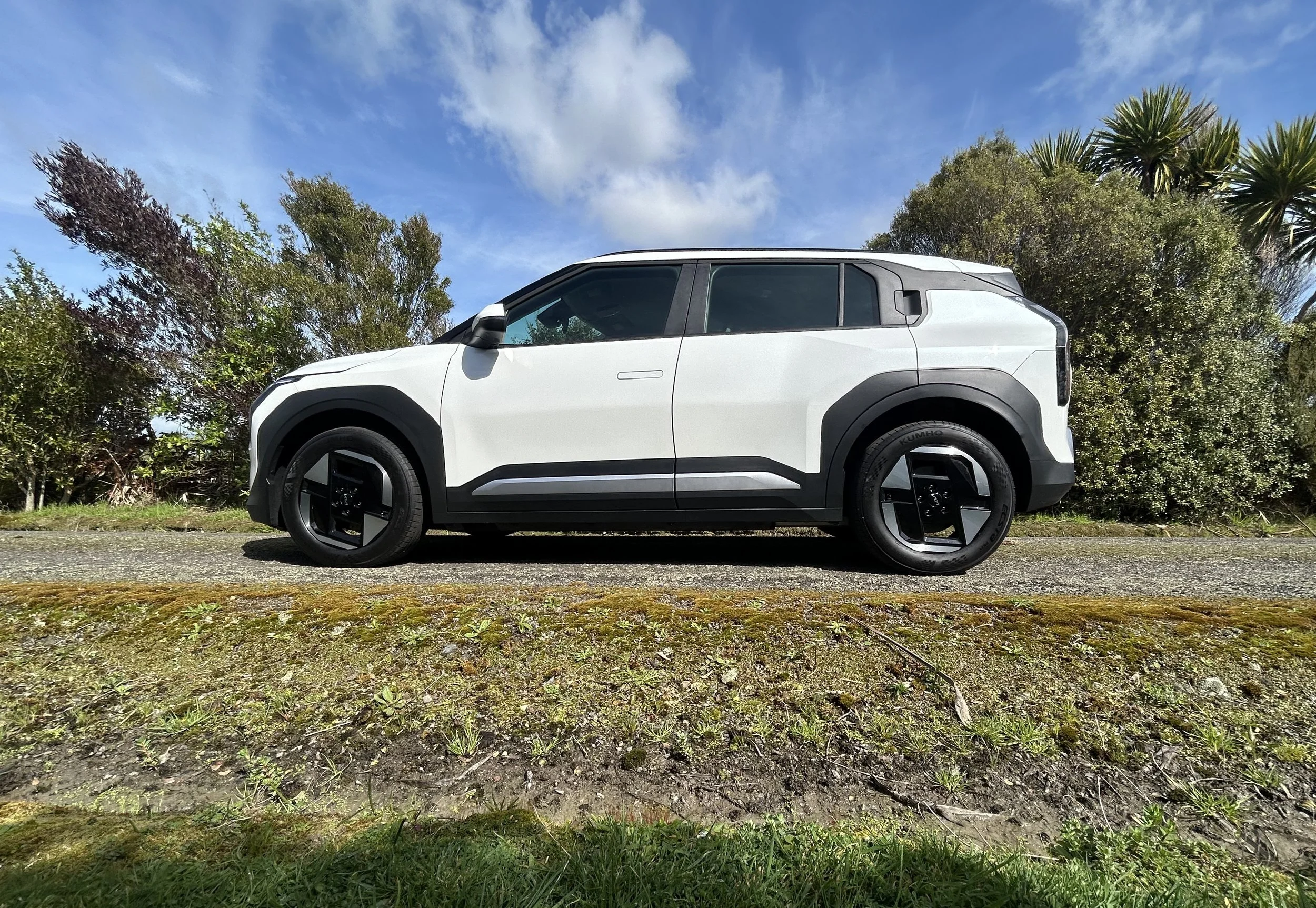Bye-bye buttons with next-gen BMW
/From end of this year, iDrive will be a born-again experience.
UNVEILING of the 10th generation of BMW’s iDrive has confirmed the next generation of the system that was first to reduce button count in a cockpit will do away with them completely.
The production version of the next-generation of its in-house information hub, dubbed ‘Panoramic iDrive’, is displaying at the Consumer Electronics Show in Las Vegas and will feature in all of its future models.
The first recipient car is the production version of the Neue Klasse X electric SUV, due toward the end of this year.
Neue Klasse - or New Class in English - is BMW’s next generation of electric cars that are underpinned by a new electric platform.
X will soon be followed by a Neue Klasse “sedan in the current 3 Series segment" – expected to be the i3 – alongside the iX3.
BMW says the layout will then subsequently be adopted by both other models, not just electric but also combustion cars.
Rather than stick to the traditional dashboard, the new set-up now extends to including a “panoramic vision” head-up display (HUD) that projects driver information – like the car’s speed, surrounding speed limits, and range – onto a black screen located at the bottom of the whole width of the windscreen, where it meets the dashboard.
BMW has additionally included an optional 3D head-up display feature that maps out the navigation routes and assisted driving displays while the central display can be seen on a new touch screen that drivers can customise to their preference.
Notably angled towards the driver, the touch screen runs BMW’s new Operating System X software that is based on Android code, though developed in-house.
Owners can change the widget layout within the new central display, allowing some to be added to the panoramic display.
It has also upgraded the steering wheel that features buttons for multi-function controls, such as windscreen wipers, exterior mirrors, gear selector, and volume control.
Those are the only buttons. The main interface has no physical controls, with BMW reasoning that these would have limited its ability to offer more complex and varied options.
This edition of iDrive is capable of receiving over-the-air software updates and has been fully developed as a touch- and voice-control system.
BMW said the system was developed based on real-world anonymised usage data gleaned from its existing fleet of more than 22 million vehicles and then refined in usability lab tests.
BMW has used iDrive in its cars for more than two decades, the first system debuting in the 7-Series flagship limousine in 2001 delivered with a dial controller than was then, for years after, a controversial feature.
However, even that initial set-up - though rudimentary by today’s standard - was ground-breaking; cars by then were becoming heavily feature-packed to point where they had too many controls. The last of the pre-iDrive 7-Series had more than 100 buttons, switches and dials.
There is no doubt that iDrive was no easy acceptance. Some hailed a control system that relied on one knob in the middle of the console to act as a smart compass to help drivers navigate through all the features revolutionary; others took time to adapt.
It has become a ubiquitous feature throughout the BMW model lineup since and has been closely emulated by other brands.



















